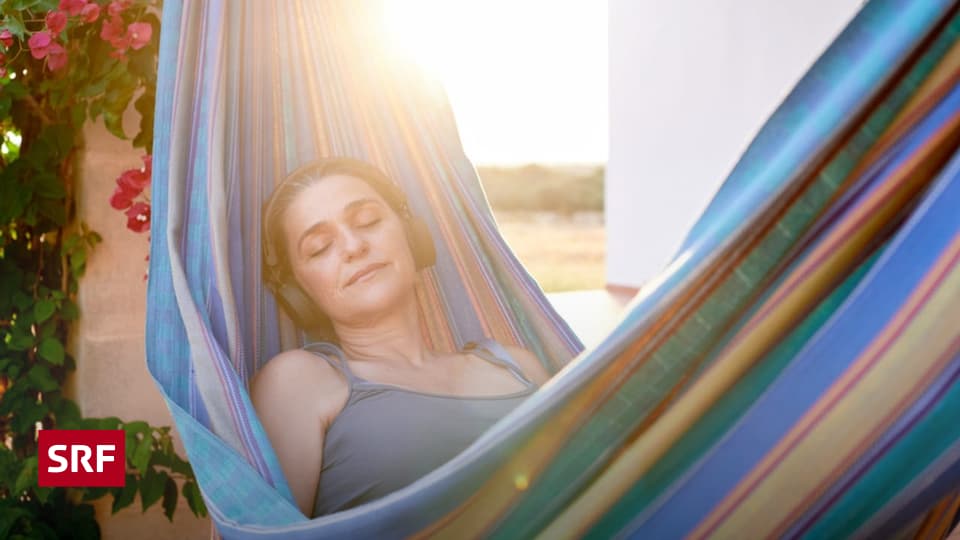
More Performance, Less Stress: Do you still doubt the power of power naps? These scientific studies will convince you.
Power naps, naps, siestas, afternoon naps: short-term drifting has a few names – this type is surpassed only by positive properties: it is said to have a performance-enhancing effect, is good for the immune system and strengthens the heart. So it’s funny that Siesta in this country is still struggling with image problems.
85 percent of mammals sleep polyphasically—that is, several times a day. Small children and even adults do not get enough sleep at night: they lie down for a second time in the middle of the night. Adults are mainly monophasic sleepers. However, the current research situation shows that we need to reconsider this.
1. Sistas make us creative
As published in February, a short intervention can be consciously applied to creative ideas and solutions study from the Sorbonne University in Paris. 100 test subjects were required to solve a math problem – before and after a 20-minute interval. Subjects were required to spend breaks with their eyes closed, holding a bottle in their hand that they dropped as they passed out.
The study showed that people who were awakened by a dropped bottle during sleep were three times more likely to solve the task than those who were awake or fully asleep. One explanation for this is “hypnagogia”, a state we reach just before falling asleep, a type of hallucination.
2. Power naps increase our tolerance level for frustration
Counting sheep during your lunch break? Do! One Investigation From the University of Michigan, suggesting that it can increase our productivity: In the study, subjects had to complete a variety of difficult tasks and tests in a laboratory. There were also numerous questions about sleep patterns and mood.
When the participants finished, some were allowed to sleep, while others had to watch the video during this time. The researchers announced that the tests had to be repeated, and observed how the participants behaved: the test subjects, who were allowed to take a nap in between, solved the task more calmly and stayed on the ball longer.
3. Sleep compensates for lack of sleep
Not getting enough sleep disrupts our hormonal system: resulting in increased cortisol levels and various inflammatory responses. However, researchers at Descartes-Sorbonne Paris Cité University were able to show in 2015 that short naps can offset these effects.
After a short night (two hours), norepinephrine concentration increased 2.5 times in all study participants. Stress hormones increase heart rate, blood pressure and blood sugar. The surprising thing: there were also participants who were allowed to take a nap – for them, these values \u200b\u200breturned to normal after 20 minutes of sleep. A short power nap can make up for a short period of sleep deprivation.
4. Sleep strengthens our heart
Regular sleepers have a 37 percent lower risk of dying from cardiovascular disease. The word “regular” is key here.
the sea Lausanne researchersPeople who take a nap once or twice a week can almost halve their risk of heart attack – as opposed to those who never take a nap during the day. However, those who nap every day have the same risk as those who don’t take an afternoon nap. Healthy isn’t always, but sleeping in every day isn’t. It sounds complicated, but it can be implemented with a short instruction manual.
The researchers suspect that occasional power naps are healthy because “as a physiological compensation for not getting enough sleep, it reduces stress and thus reduces cardiovascular risk,” they write in their brief.
SRF1, Einstein², June 28, 2022, 5 p.m

“Wannabe pop culture fanatic. Zombie advocate. Entrepreneur. Internet evangelist. Alcohol fanatic. Typical travel buff.”


More Stories
Baltic Sea Shipwrecked Treasure: Discovery of Champagne and Mineral Water – News
Kamala Harris: The secret star of the election campaign is stepdaughter
These are the worst shoes you can do for your feet